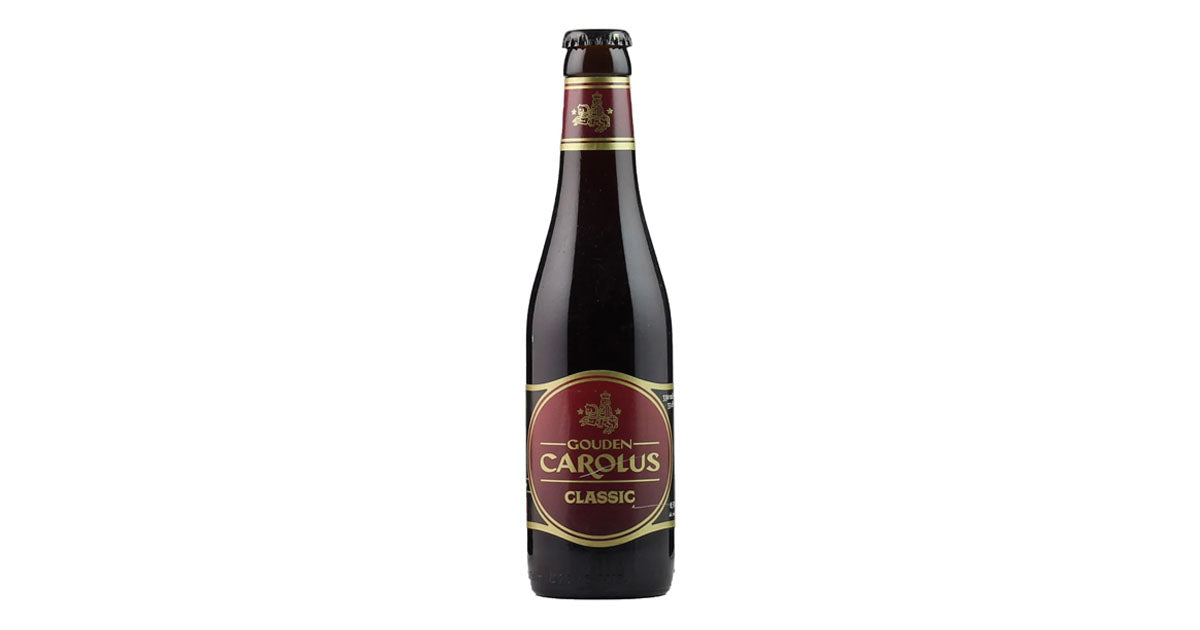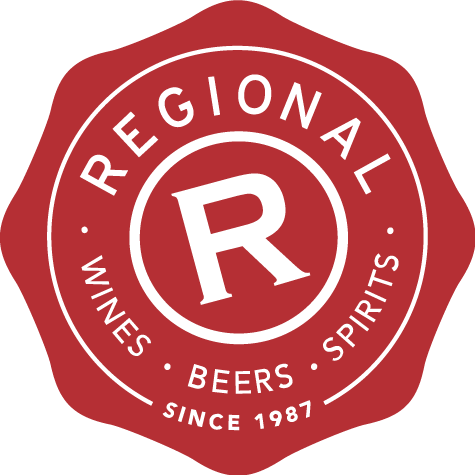
Gouden Carolus Classic and the people's beer
Today’s beer, Gouden Carolus Classic, has its roots in the 1500s and for a while was very much the sole beer of the city of Mechelen, brewed at the Het Anker brewery (in what was the Netherlands but became Belgium).
I love the concept of a city brewery serving its people. It seems like the perfect mutually beneficial relationship, and we saw with Bitburger and the story of Pilsner (in a blog a couple of weeks back), just what can result when one brewery is held at the behest of its people. There’s no way to hide your brews in a crowd of other beers when you are the sole provider - and this means that maintaining quality is super important. The situation also sets up the possibility of a positive feedback loop, which sees the evolution of styles to suit the demand of the customer (which is exactly how Pilsner came into being).
Let’s see what the people of Mechelen helped shape with Gouden Carulous Classic, which describes itself as a Grand Imperial Beer no less…
It’s a lovely mahogany colour in the glass with a dense tan head. The nose is very vinous with aromas of red fruits and spice that combine with licorice and leather. The aromas flow into the palate which is full and bright with sweetness balanced nicely by bitterness leading to a malty finish.
A lovely beer that is indeed well described by the words grand and imperial.
Today, your typical modern city is overrun with breweries, but that said, the craft mentality is still very much one of community, and I suppose breweries now serve the people in just the same way that a large city brewery may have done a hundred years ago - but just in smaller localised areas.
It might be easier to hide ones brews in and amongst the throng of available beers these days - but on the flipside - people can simply go elsewhere if you let your standards slip. In the same respect, the positive feedback loop pushing beer evolution is still very much present, in localised regional pools, and also given further impetus by the extraordinary level of inter-brewery competition that must now exist (plus of course the global sharing of information) .
At the end of the day, you can’t rest on your laurels when cutting edge brewers pop up next-door on a regular basis, and this can only be good for we the people.
